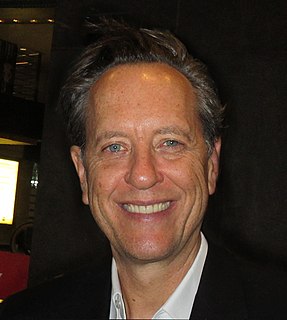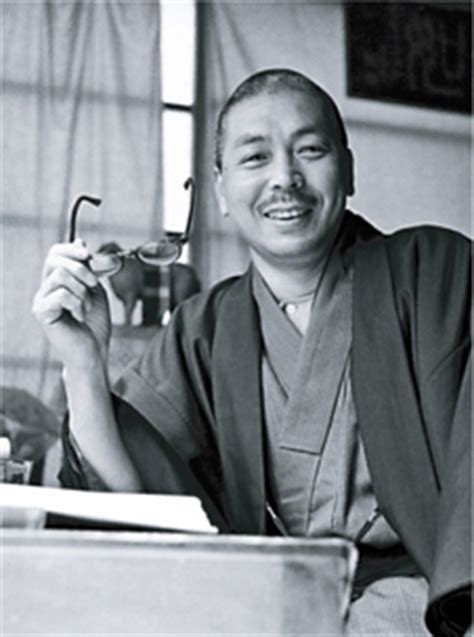Цитата Панкаджа Мишры
Я думаю, что Будда представляет собой человека, который верит в самообладание. Я думаю, что он предлагает, возможно, критику романтической идеи о страстях как о чудесном источнике жизни или жизненной силы, которые определяют вас или ваше творчество.
Связанные цитаты
Это можно применить ко всему, что вы чувствуете. Может быть, гнев — это ваша стихия. Вы просто выходите из-под контроля и видите красный цвет, а следующее, что вы понимаете, это то, что вы кричите, бросаете что-то или бьете кого-то. В это время начните принимать тот факт, что это «разъяренный будда». Если вы чувствуете зависть, это «ревнивый будда». Если у вас несварение желудка, это «будда с изжогой». Если вы счастливы, «счастливый будда»; если скучно, «скучающий будда». Другими словами, все, что вы можете испытать или о чем подумать, достойно сострадания; все, что вы могли бы подумать или почувствовать, достойно оценки.
Я думаю, что все мы создаем определенный образ себя. Я предполагаю, что в той степени, в которой наш внутренний образ себя соответствует образу, который мы проецируем, мы, возможно, чувствуем себя действительно некомфортно в мире, когда есть разница. Это может вызвать сильный стресс или плохое отношение к себе.
Я ненавижу, когда люди говорят, что я художник. Я думаю, хорошо, я буду судить об этом. И я не думаю, что художник - это должностная инструкция. Это критика, благосклонная критика, которую кто-то другой может применить к вашей работе. Думаю, в мире искусства я не совсем фотограф, но я использую фотографию.
Это старая-старая поговорка: если вы хотите, чтобы кто-то что-то сделал, заставьте его поверить, что это его идея. Человечество находится под контролем разума и лишь немногим более сознательно, чем обычный зомби. Притянуто за уши? Нет нет. Я определяю контроль над разумом как манипулирование чьим-то разумом, чтобы он думал и, следовательно, действовал так, как вы хотите.
Я думаю, очень полезно видеть красоту в любой ситуации. Я думаю, это возможность увидеть его в неожиданных местах. Если вас слишком накормили представлением о том, что такое красота, вы могли бы определить ее как некую конкретную вещь, но когда у вас есть собственное представление о том, что это такое, или ваши собственные ощущения о том, что такое красота, тогда она становится такой. широкий и такой неопределимый.
Представление Ницше о сверхчеловеке — это тот, кто способен контролировать и приручать свои страсти и превращать их во что-то более богатое, чем грубые эмоции и грубые чувства. Я думаю, что лучший текст делает то же самое. Необузданная страсть в основном приводит к плохому письму или плохой полемике, которым подвержены многие писатели и общественные интеллектуалы.
Возможно, вы видели, как люди молятся изображению, как если бы оно обладало особой силой. Возможно, они желают благополучия своей семье, материального благополучия или выздоровления от болезни. Но такой способ практики веры ведет только в тупик. Образы Будды должны служить источником вдохновения для развития бесконечной любящей доброты, скрытой в будде внутри нас.





































